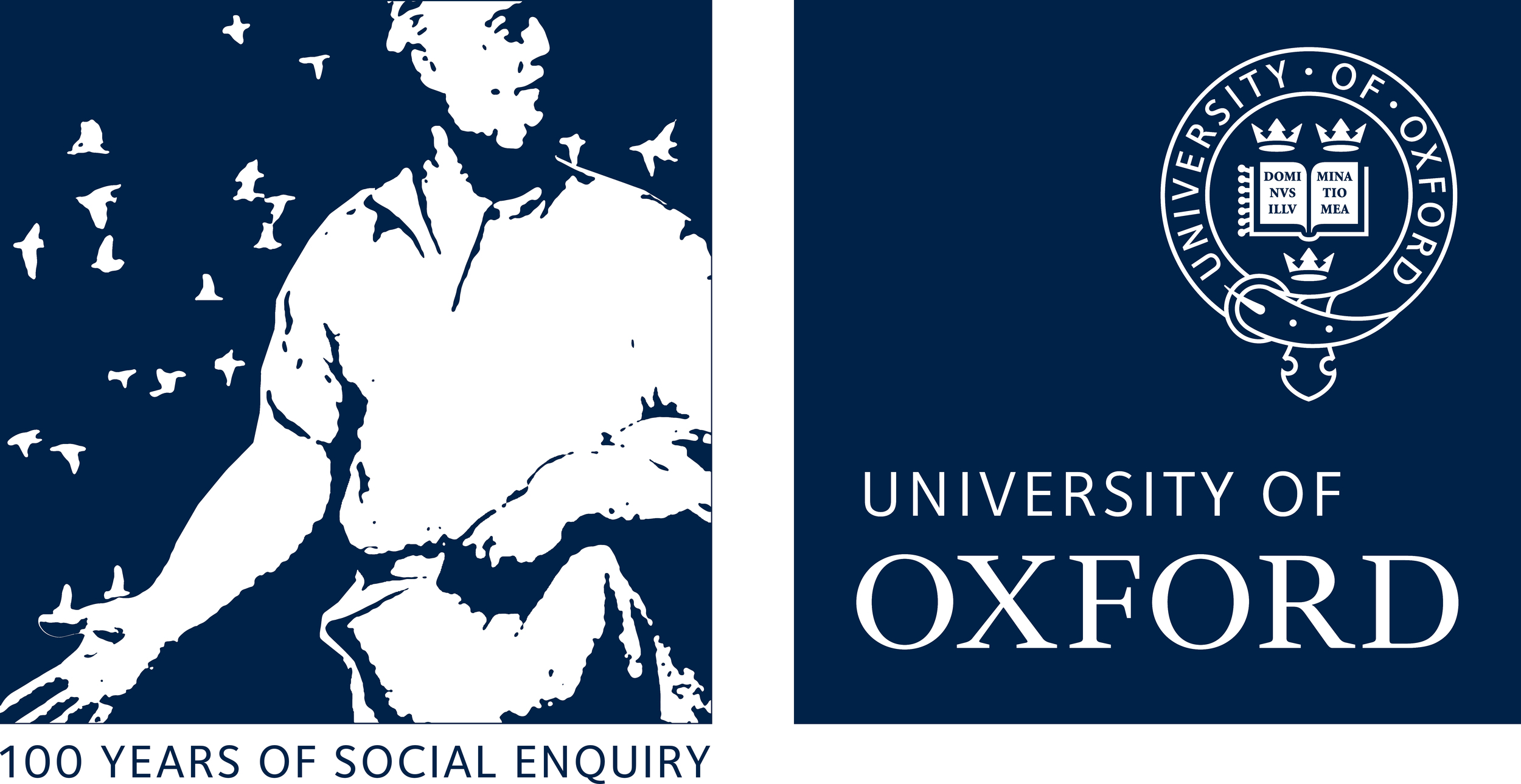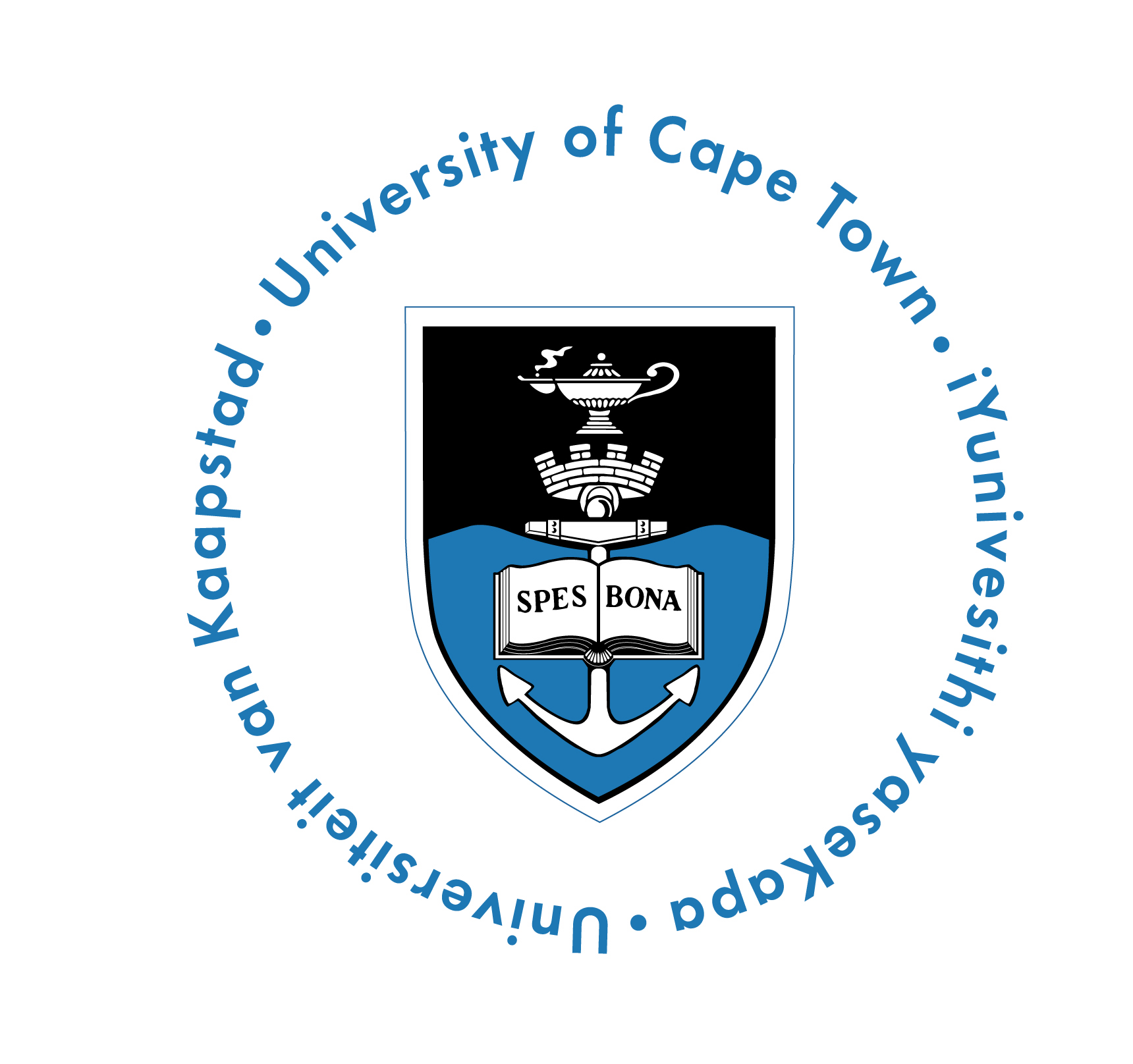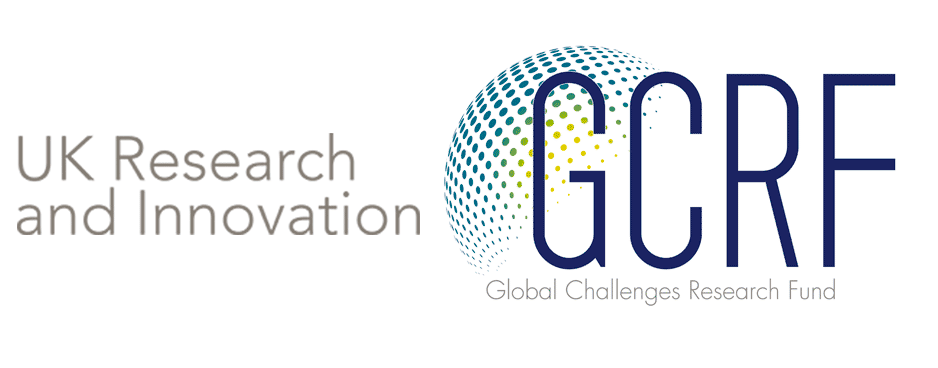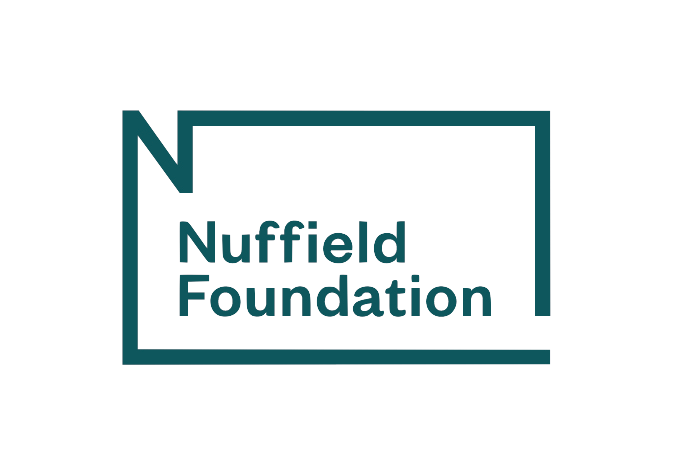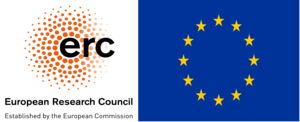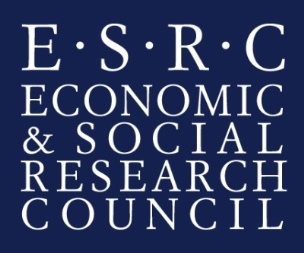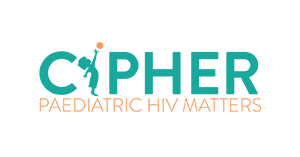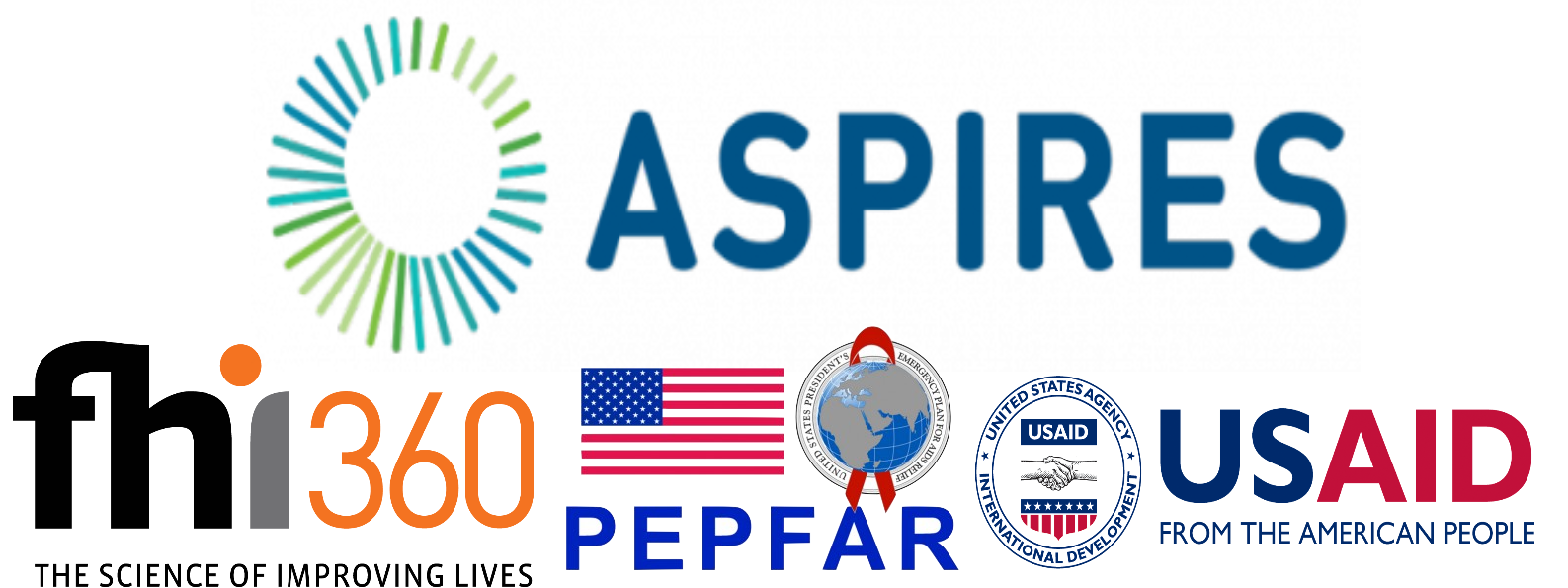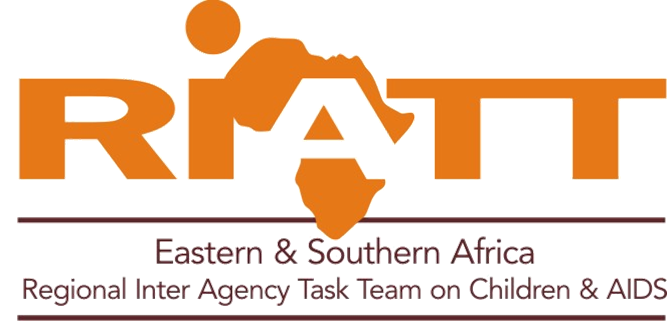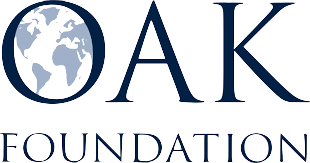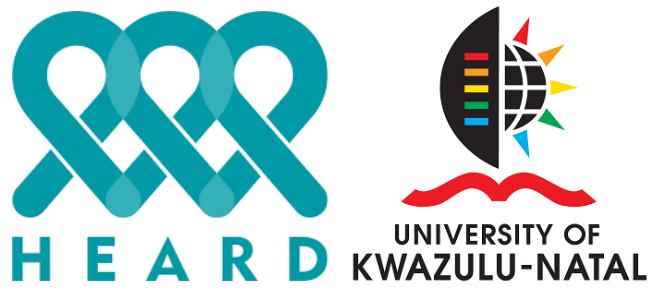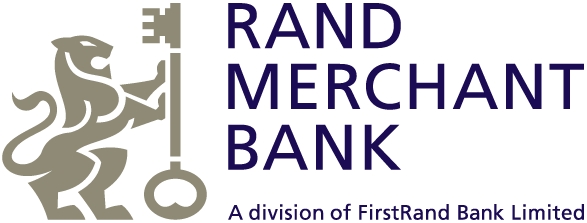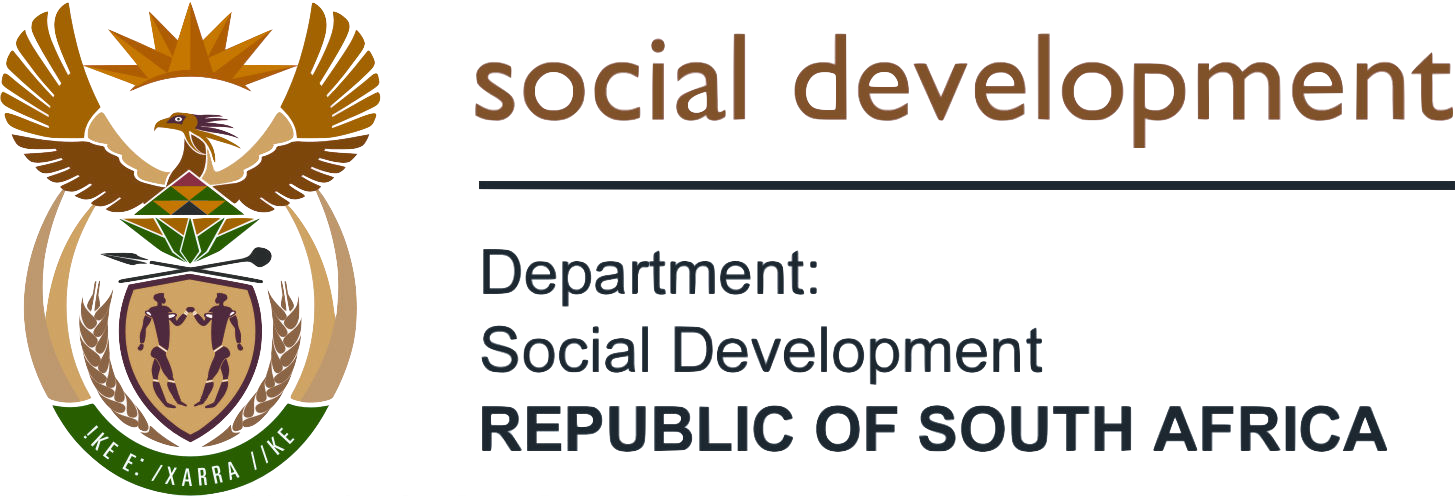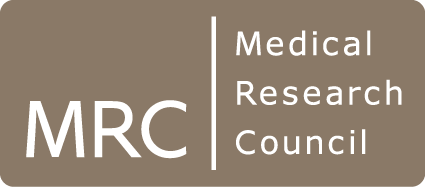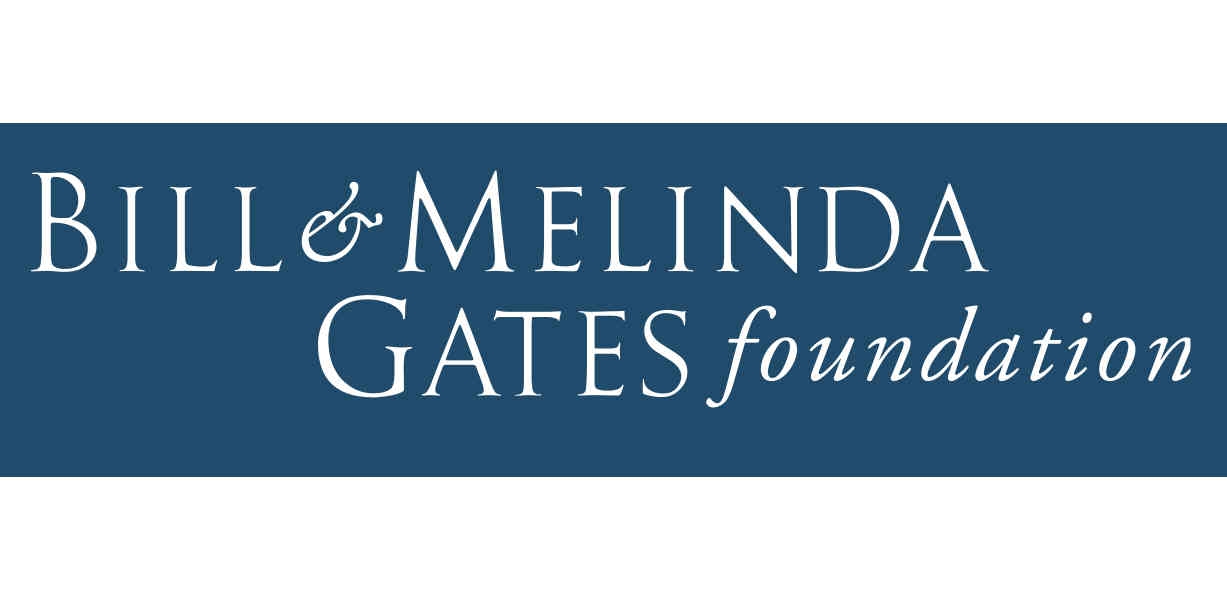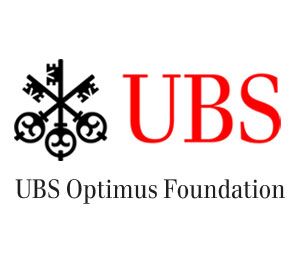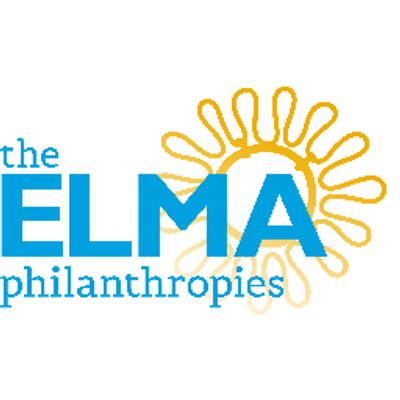“Some people believe that, because it’s Africa, you don’t need to have the best quality science. But we believe families here deserve the best”
ABOUT yOUNG CARERS, South Africa
The Young Carers South Africa research group conducts quantitative and qualitative research to generate evidence that informs social policy and intervention design on the best ways to care for and support young people and families living in AIDS-affected communities in South Africa.
The Young Carers SA research group is based in the Centre for Evidence-Based Intervention within the Department of Social Policy & Intervention at the University of Oxford in the United Kingdom. Some members of the Young Carers SA research group are also based at the University of Cape Town in South Africa within the Department of Psychology, and in the AIDS and Society Research Unit at the Centre for Social Science Research.
Background
In 2005, there was little knowledge about the effects of AIDS on families. Since then, research has predominantly focused on the effects of AIDS-orphanhood on children's health. Indeed, the Young Carers SA research group's baseline study, the Mental Health of AIDS-Orphaned Children study, found that children orphaned by AIDS were significantly worse off psychologically than children orphaned by other chronic illnesses and non-orphans. This was due notably to stigma, abuse and peer factors.
Four years later, the follow-up project - called the Resilience study - identified an additional significant risk group: children who are AIDS-affected. This means that they may be AIDS-orphaned, have AIDS, are living with someone with AIDS, or are caring for AIDS-sick parents or caregivers. The Resilience study showed that such AIDS-affected children were worse off, even more than orphans, as a consequence of the burden involved in caring for AIDS-sick parents or caregivers.
An estimated 85 million children in Sub-Saharan Africa are AIDS-affected. The Young Carers study, which ran from 2010 to 2012, took the findings from the Resilience study several steps further. It aimed to identify, more specifically, the impact of being a 'young carer' on children's well-being in AIDS-affected families. Over 6000 children and 2500 caregivers were interviewed in the South African provinces of Western Cape, Mpumalanga and KwaZulu-Natal, making it the world’s largest study on children in AIDS-affected families. A number of significant publications have been, and continue, to be published from the Young Carers study. Findings from the study continue to influence policies, programming and planning for children, adults and communities affected by HIV/AIDS at: the South African national and provincial government, the Southern African Development Community, the Government of Lesotho, UNICEF, Save the Children, WHO and USAID.
Current projects
Three further projects, which stemmed from the Young Carers study, are currently underway:
For more information on Young Carers SA research group's current and past projects, please visit the individual project pages.
Collaborative Research
We work together with a number of partners to inform our research: national and local government; international and local NGOs; universities and academics, and; our Teen Advisory Group.
FUNDERS
A special thank you goes out to all our funders - past and present - without whose support none of the research would be possible.
The projects have also been supported by the John Fell Fund, and the Clarendon Fund
